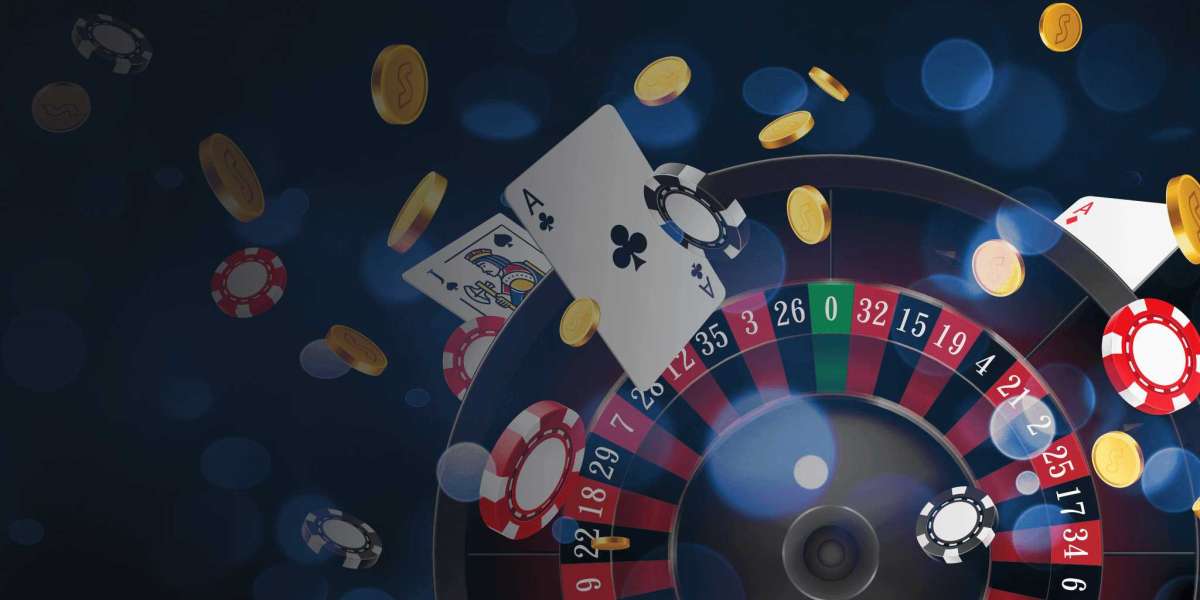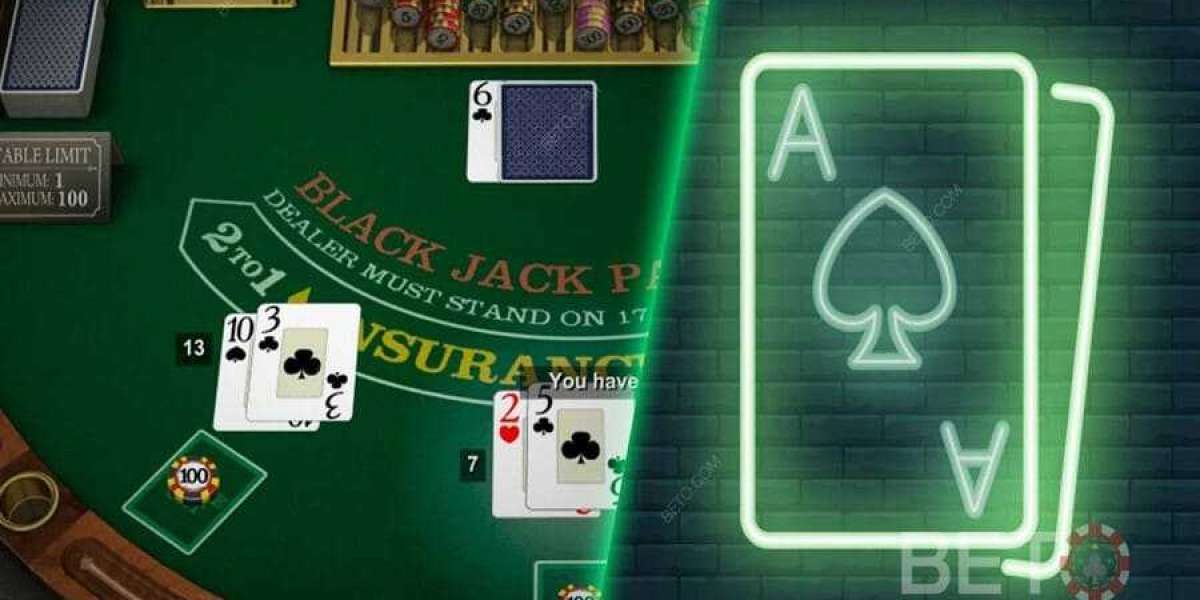A well-structured bankroll management strategy not only allows players to enjoy their time at the casino but also increases their chances of walking away winners. This article will explore various strategies and tips on how to manage your casino bankroll effectively, covering key concepts, common pitfalls to avoid, and the importance of discipline.
Understanding Your Bankroll
Before diving into specific strategies for managing your bankroll, it’s important to understand what your bankroll is and how it functions in your gambling activities in https://bofcasino.eu/.
What is a Bankroll?
A bankroll refers to the total amount of money that a player has set aside specifically for gambling purposes. This amount should be separate from your regular finances and should reflect money you can afford to lose without impacting your everyday life.
The Importance of Setting Limits
One of the most critical aspects of bankroll management is setting limits. This means establishing a clear budget before you start gambling. A well-defined budget helps ensure that you don't overspend and allows you to enjoy gambling responsibly.
Steps to Set Your Bankroll
- Assess Your Finances: Evaluate your income and expenses to determine how much money you can allocate to gambling. This amount should be discretionary income, meaning it won’t affect your ability to pay bills or meet other financial obligations.
- Determine Your Gambling Goals: Decide what you want to achieve while gambling. Are you looking to win big, or are you mainly interested in entertainment? Having clear goals can help shape your gambling strategy.
- Decide on a Timeframe: Establish how long you plan to gamble. This could be a specific session length or a weekly budget. Setting a timeframe can help you stick to your limits.
Strategies for Effective Bankroll Management
1. Bet a Fixed Percentage
One of the most effective strategies for managing your bankroll is to bet a fixed percentage of your total bankroll on each game or bet. This approach allows you to adjust your wagers based on your current bankroll status, protecting you from rapid losses.
How to Implement Percentage Betting
- Choose a Percentage: Decide on a percentage to wager. A common recommendation is to bet between 1% and 5% of your total bankroll on each bet. Betting a lower percentage is generally safer and allows for more extended playtime.
- Adjust as Necessary: If your bankroll increases or decreases, adjust your betting amounts accordingly. For instance, if your bankroll grows to $1,000 and you choose to bet 2%, your wager should be $20. If it decreases to $500, your wager should be $10.
2. Establish Win and Loss Limits
Setting win and loss limits is crucial for maintaining control over your gambling activities. These limits help you avoid chasing losses and recognize when it's time to walk away.
Setting Win and Loss Limits
- Win Limits: Determine a target amount that, if reached, will prompt you to leave the casino or end your online session. For example, if you start with a $200 bankroll and reach $300, consider cashing out and celebrating your win.
- Loss Limits: Similarly, establish a maximum amount you’re willing to lose in a single session. If you hit this limit, stop gambling for the day. This practice can help prevent emotional decision-making and reduce the risk of significant losses.
3. Keep Track of Your Bankroll
Monitoring your bankroll is vital for effective management. Keeping a record of your gambling sessions can help you understand your performance and adjust your strategy accordingly.
How to Track Your Bankroll
- Maintain a Gambling Journal: Keep a journal where you record your bets, wins, losses, and overall bankroll status. Regularly reviewing this journal can help you identify patterns in your gambling behavior.
- Use Apps or Spreadsheets: If you prefer a digital approach, consider using bankroll management apps or spreadsheets. These tools can automate calculations and make tracking your gambling activities more efficient.
4. Choose the Right Games
Different casino games have varying levels of risk and house edges. Understanding these differences can help you choose games that align with your bankroll management strategy.
Game Selection Tips
- Research House Edges: Familiarize yourself with the house edge for various games. Games with lower house edges, such as blackjack and video poker, generally provide better long-term odds for players.
- Avoid High-Risk Games: High-risk games, such as certain types of slot machines or high-stakes tables, can lead to faster bankroll depletion. While they can be entertaining, it's wise to be cautious with these options.
5. Practice Responsible Gambling
Responsible gambling practices are essential for maintaining control over your bankroll and ensuring that gambling remains a fun and enjoyable activity.
Tips for Responsible Gambling
- Set Time Limits: Just as you set financial limits, establish time limits for your gambling sessions. Decide how long you’ll play before you start and stick to that timeframe.
- Take Breaks: Regular breaks can help you clear your mind and avoid making impulsive decisions. Step away from the game periodically to assess your gameplay and your bankroll status.
- Know When to Quit: It’s crucial to recognize when it’s time to walk away, whether you’re winning or losing. If you reach your loss limit or win limit, consider ending your session.
6. Take Advantage of Bonuses and Promotions
Many casinos offer bonuses and promotions that can enhance your bankroll. These offers provide players with extra funds or free spins, allowing for more gameplay without additional financial commitment.
Maximizing Bonuses
- Read Terms and Conditions: Before accepting any bonuses, read the terms and conditions carefully. Understand the wagering requirements and any restrictions associated with the promotion.
- Look for Value: Seek out promotions that offer the best value for your style of play. Some bonuses may have more favorable conditions, such as lower wagering requirements or no maximum cash-out limits.
Common Pitfalls to Avoid
While effective bankroll management can enhance your gambling experience, certain pitfalls can undermine your efforts.
1. Chasing Losses
Chasing losses is one of the most common mistakes gamblers make. This behavior involves increasing your bets in an attempt to recover lost money. Unfortunately, this often leads to further losses and can deplete your bankroll quickly.
Strategies to Avoid Chasing Losses
- Stick to Your Limits: Remind yourself of your predetermined limits and avoid the temptation to exceed them. Recognize that losses are part of gambling and accept them as such.
2. Ignoring the House Edge
Many players underestimate the importance of the house edge, leading to poor game selection and management decisions. Always be aware of the odds and how they affect your bankroll over time.
Educating Yourself on Game Odds
- Research Game Rules and Odds: Take the time to learn about the house edge for various games. Understanding the odds can inform your betting decisions and improve your overall strategy.
3. Gambling Under the Influence
Gambling while under the influence of alcohol or drugs can impair your judgment and lead to poor decision-making. This behavior can negatively impact your bankroll management efforts.
Practicing Clear Thinking
- Avoid Substance Use: When gambling, prioritize clear thinking. If you plan to drink, do so in moderation and maintain control over your decisions.
Conclusion
Effectively managing your casino bankroll is essential for a positive gambling experience. By understanding the principles of bankroll management, setting limits, choosing the right games, and practicing responsible gambling, players can increase their chances of success and reduce the risk of significant losses.
Remember that gambling should always be an enjoyable activity, and maintaining control over your bankroll is key to ensuring that it remains just that. By following the strategies outlined in this article and avoiding common pitfalls, you can maximize your gaming experience and potentially walk away a winner.


